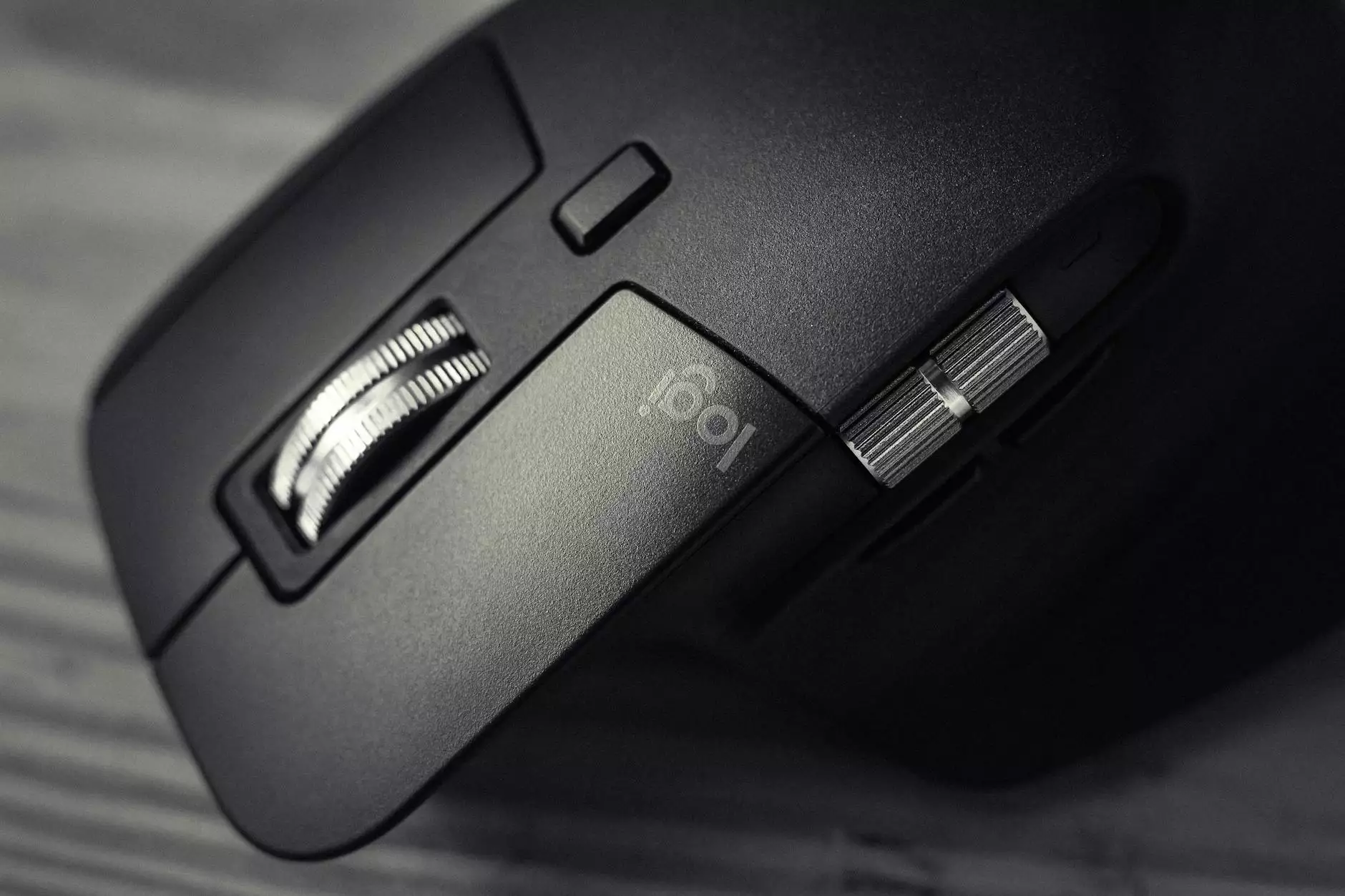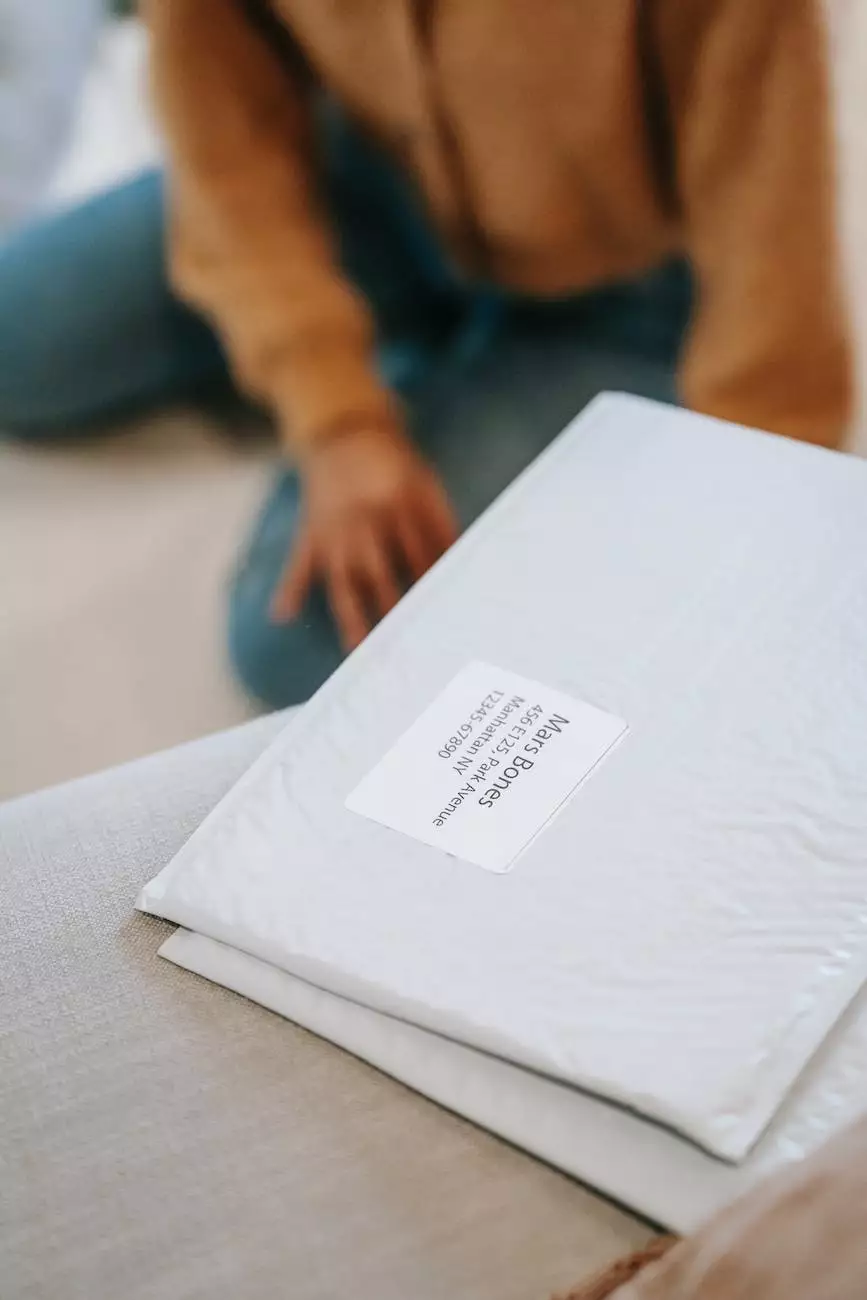What You Can and Can't Do on Probation in New Jersey
Probation ChangesUnderstanding Probation in New Jersey
If you find yourself on probation in New Jersey, it's crucial to understand the restrictions and obligations that come with it. Probation is a court-ordered period where a person must comply with specific rules and conditions instead of serving jail time. The Skiendziul Law Firm specializes in navigating the complexities of New Jersey's probation system and can provide expert legal advice tailored to your unique situation.
Complying with Probation Rules
Probation rules are designed to ensure that individuals adhere to the terms set by the court and work towards rehabilitation. Violating these rules can have severe consequences, including the possibility of incarceration. It is essential to have a clear understanding of what you can and can't do while on probation in New Jersey.
What You CAN Do:
- Maintaining Employment: It is generally permitted to continue working while on probation in New Jersey. However, you may be required to inform your probation officer of your employment details.
- Meeting Family and Friends: You can typically spend time with family and friends as long as it does not involve engaging in illegal activities or associating with individuals involved in criminal behavior.
- Attending Counseling or Treatment Programs: Depending on the circumstances, you may be required to attend counseling or treatment programs as part of your probation. These can be for substance abuse, anger management, or any other relevant issue.
- Following Probation Officer Instructions: Cooperating with your probation officer is crucial. They will provide instructions and guidelines that you must follow throughout the probation period.
What You CAN'T Do:
- Committing New Crimes: Committing any new criminal offenses while on probation will likely result in severe consequences and potential revocation of probation.
- Failing Drug or Alcohol Tests: If you are prohibited from using drugs or alcohol during your probation period, failing a drug or alcohol test can lead to probation violations.
- Leaving Jurisdiction without Permission: In most cases, leaving the jurisdiction without permission from your probation officer is not allowed.
- Associating with Known Criminals: Avoiding association with individuals involved in criminal activities is a standard condition of probation.
Penalties for Probation Violations
If you violate the terms of your probation in New Jersey, you may face several penalties, including:
- Probation Revocation: The court has the power to revoke your probation and impose the original jail or prison sentence.
- Additional Probation Terms: Depending on the severity of the violation, the court may impose additional probation conditions, such as more frequent check-ins, community service, or mandatory treatment programs.
- Fines and Financial Penalties: Violating probation can result in substantial fines and financial penalties imposed by the court.
- Alternative Sentencing: In certain cases, a probation violation may result in alternative sentencing, such as house arrest or electronic monitoring.
Consult with The Skiendziul Law Firm
Understanding the specific rules and regulations surrounding probation in New Jersey can be overwhelming. The Skiendziul Law Firm is here to offer expert legal advice to guide you through the process. Our team of experienced attorneys will analyze your case, ensure your rights are protected, and provide the best possible defense against any probation violations. Contact The Skiendziul Law Firm today for a confidential consultation.










